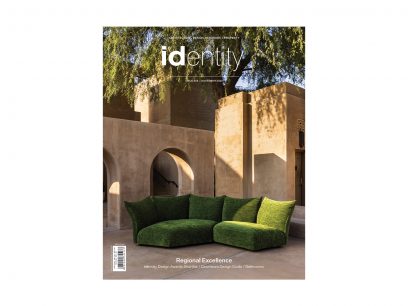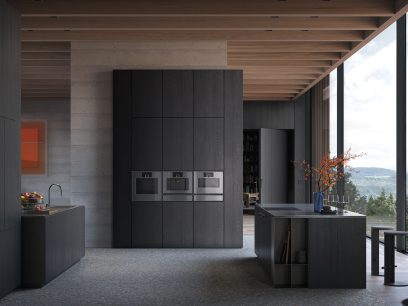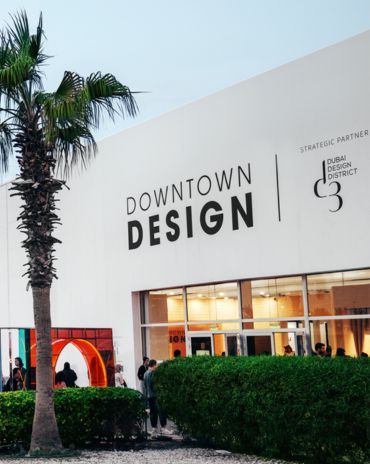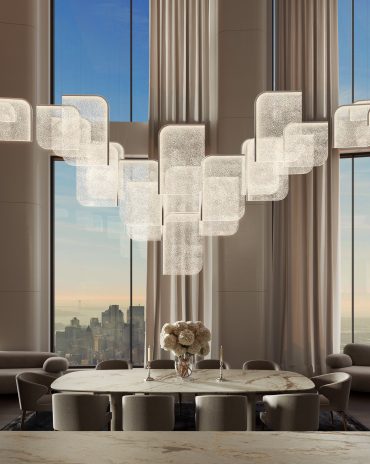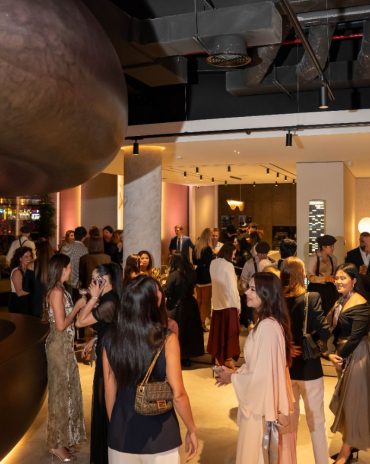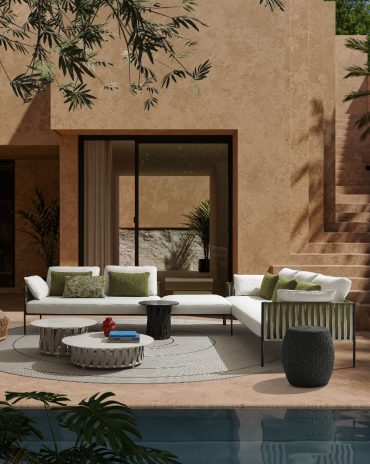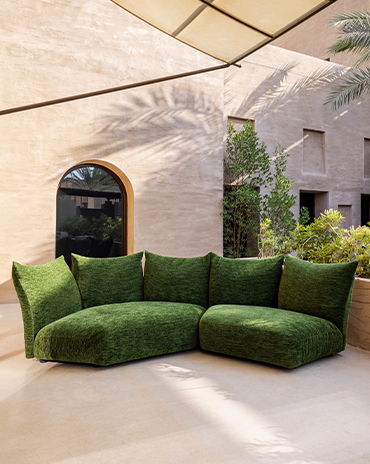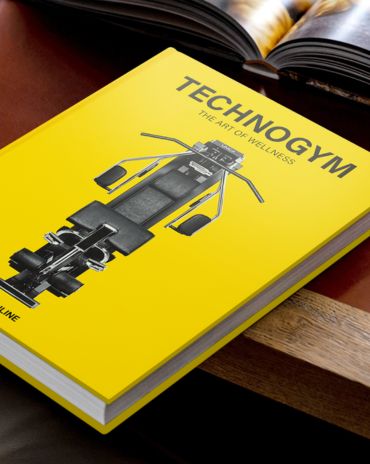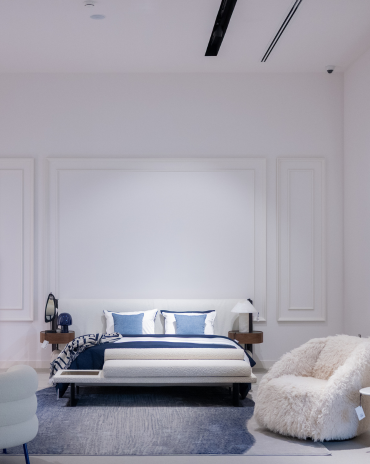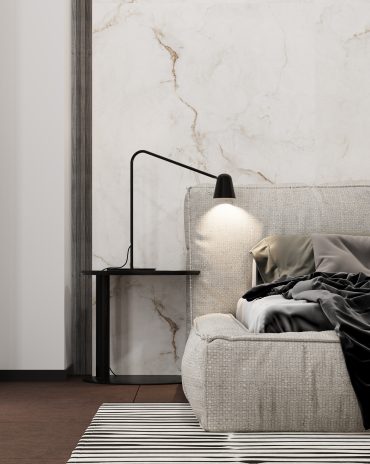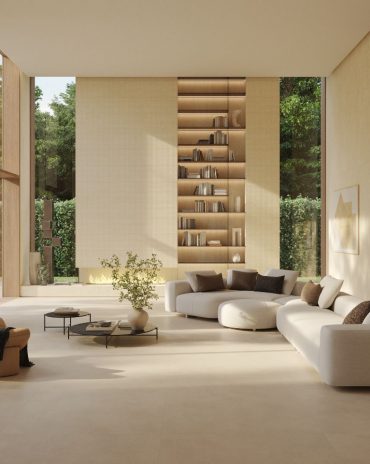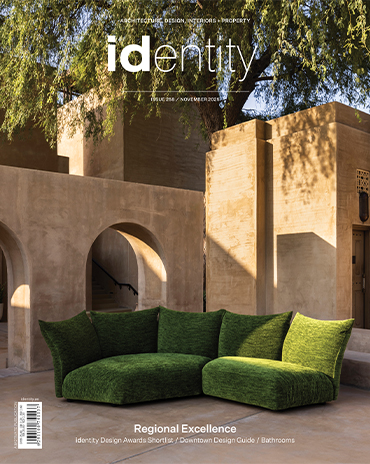Copyright © 2025 Motivate Media Group. All rights reserved.
Wafa Al Falahi’s diverse portfolio demonstrates the power of a multidisciplinary approach
Falahi uses her fluid ceramic works to inspire her other creative endeavours
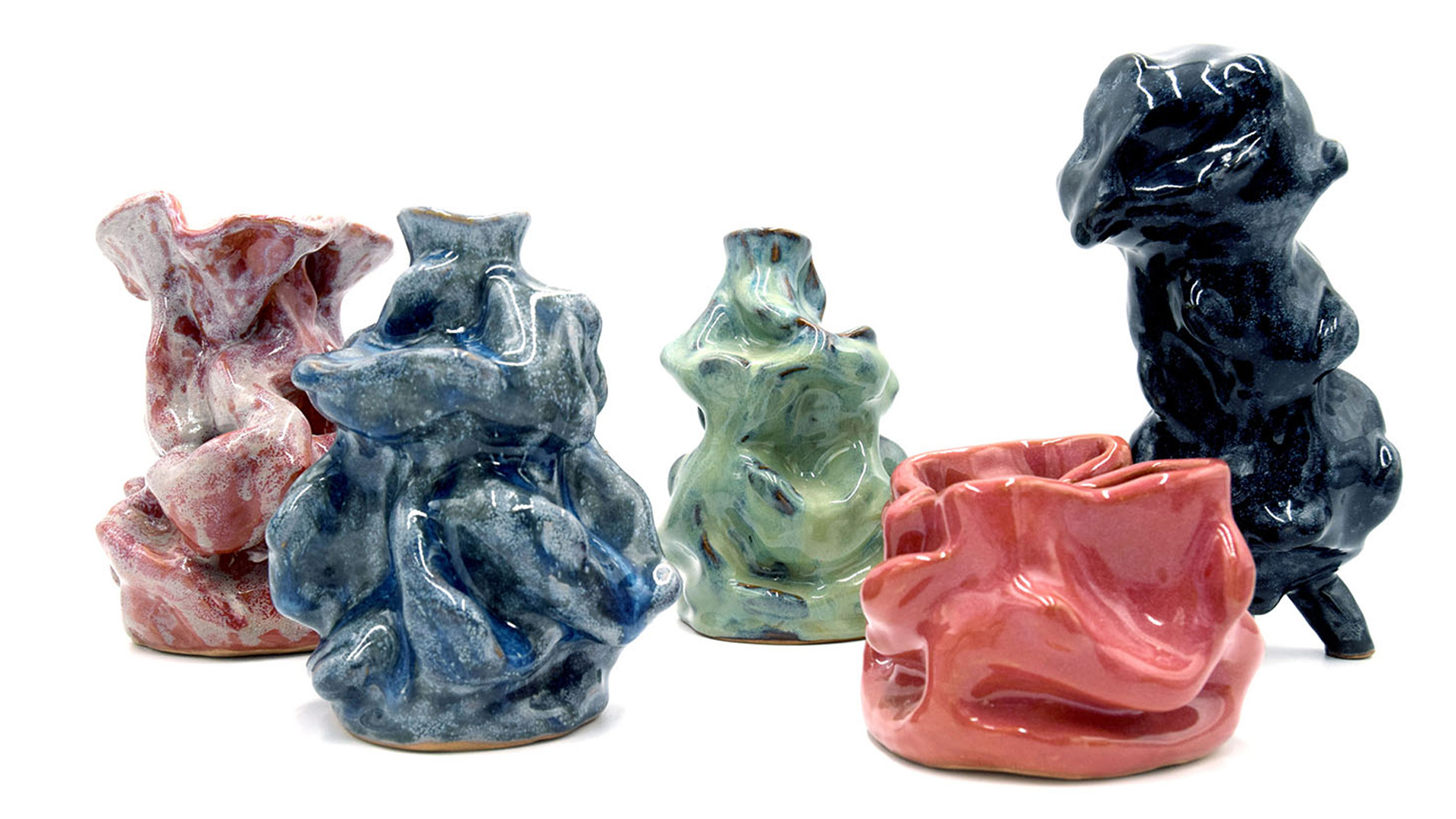
“I think designers of my generation are multidisciplinary,” begins Emirati designer Wafa Al Falahi, whose own work spans interior design, spatial design and ceramics, as well as furniture design and research. “A ceramicist can suddenly become a painter, while a painter can become an architect – which I think is the beauty of having a multidisciplinary practice, because one can see the mark of a painter in an architect, or the mark of an architect in a ceramicist. “It is what makes everyone’s work so different: it’s these diverse approaches and backgrounds,” she continues. “And that’s how I like to think about my own practice: it is about how everything comes together in one place.”

Al Falahi graduated from the American University of Sharjah as an interior designer, having already begun her exploration of ceramics, working mostly on the wheel to create her pieces. It was during the COVID-19 pandemic – when ceramic studios shut down – that she decided to build her own ceramics studio, where she began experimenting with more hand-building techniques, which helped develop her artistic style.

For her fluid ceramic pieces – embracing an abundance of feminine curves – Al Falahi uses organic clay and a variety of glazes. “The way I glaze is a little different and doesn’t follow traditional methods, which is reflected in the final result. For me, it’s about being a little more messy and less uniform; the glazing naturally follows the curves of the pieces,” she explains. Al Falahi was a member of the Athath Fellowship in 2022, where she was able to explore her tactile skills as a furniture-maker, creating a compact potter’s chair called Slip. The dynamic, liquid-like pattern on the wood was created using engineered plywood veneer, and later dyed, taking cues from the material quality of liquid clay. The piece also features a cushioned seat upholstered in synthetic leather.
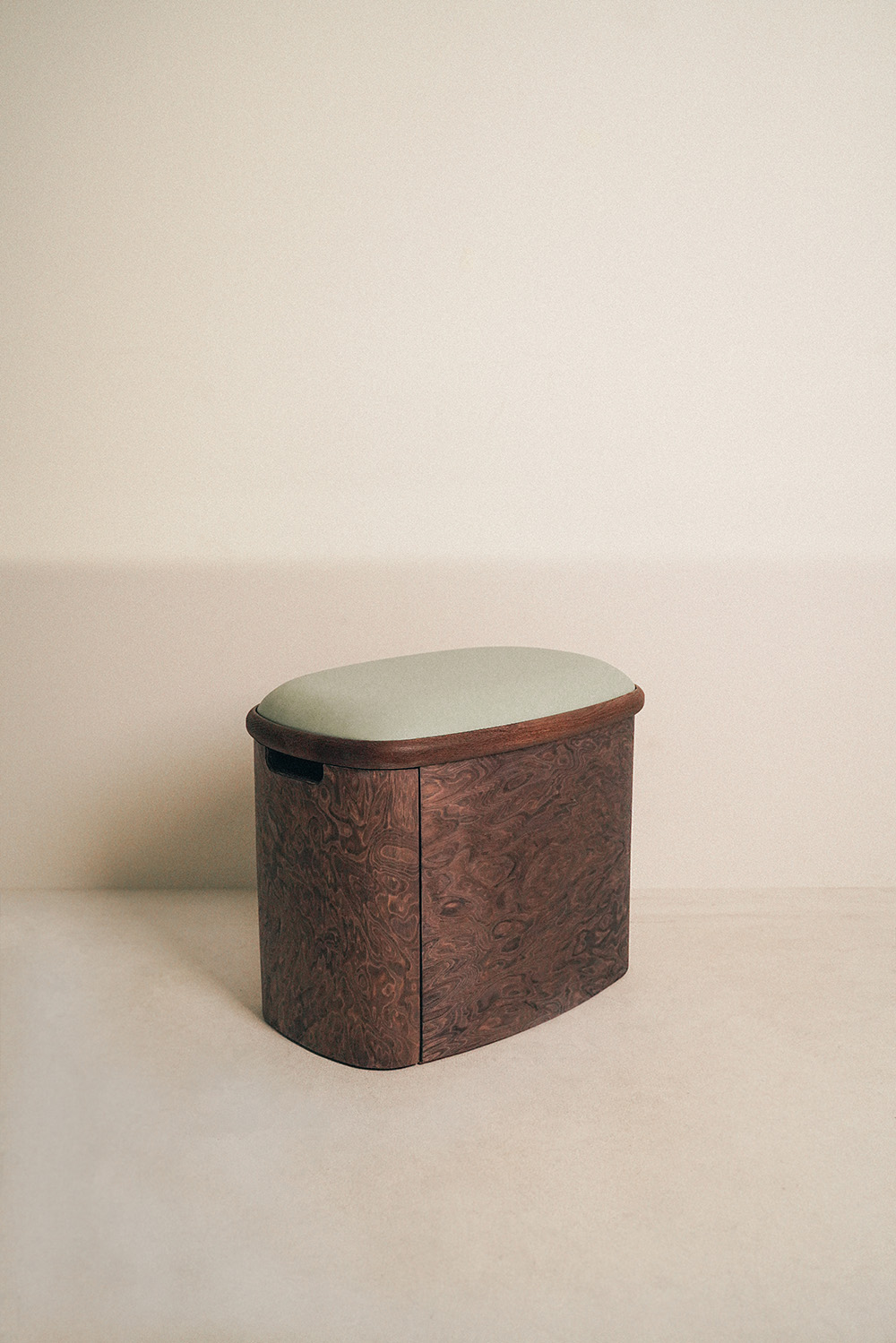
Inspired by the potters working across small studios in Fujairah, Slip was designed to offer comfort and support for those working on the wheel. “I wanted to create something that would be an extension of a potter’s gestures and posture – and something that would help them have a better experience on the wheel,” Al Falahi explains. The chair also includes a storage space for potters to store their tools, and wheels that help the chair swivel around freely. Al Falahi is also currently a resident at the Cultural Foundation in Abu Dhabi, where she is experimenting with painting and conducting research in which she explores the dynamics of the female body within a space.
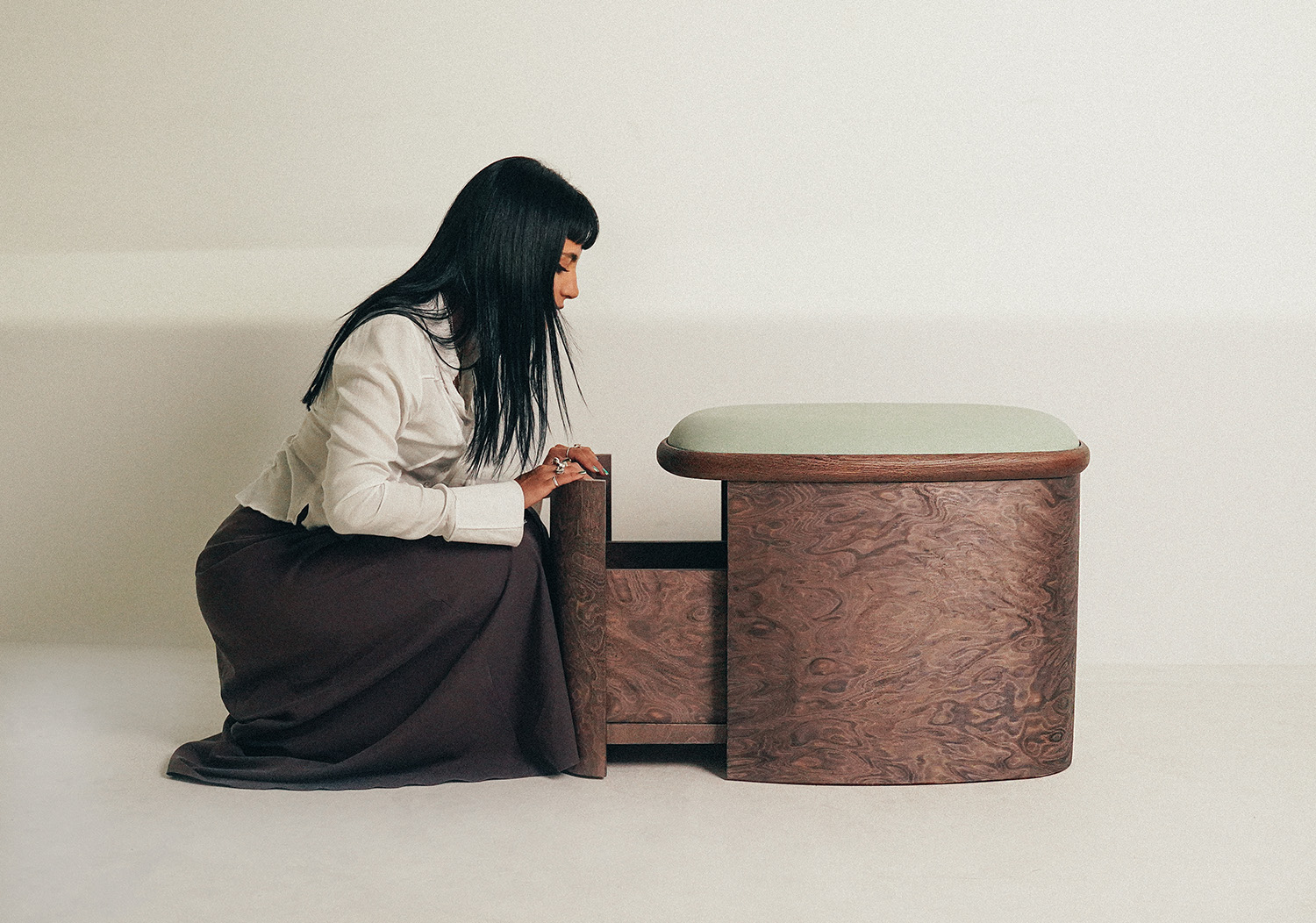
“I wanted to explore my artistic side instead of just focusing on design,” she shares. “I find that a lot of my paintings go back to my ceramics in the sense that they are organic, they flow, they are natural and fabric-like, and it’s interesting for me to see these intersections. Sometimes my background in interior design will also come into play. This is why it is interesting for me to explore a multi-disciplinary practice and I think that, by taking part in these different programmes, I am still trying to shape my narrative as a designer; but I find that a lot of my works go back to the subject of women and celebrating women,” Al Falahi says. `
For her latest piece, developed as part of the Tanween 2023 programme, the designer is creating a lighting piece that explores the ritual of applying henna, which looks back at her own grandmother whom she cites as an inspiration. “I always wanted to find a way to pay tribute to the women in my family within my work,” she says.
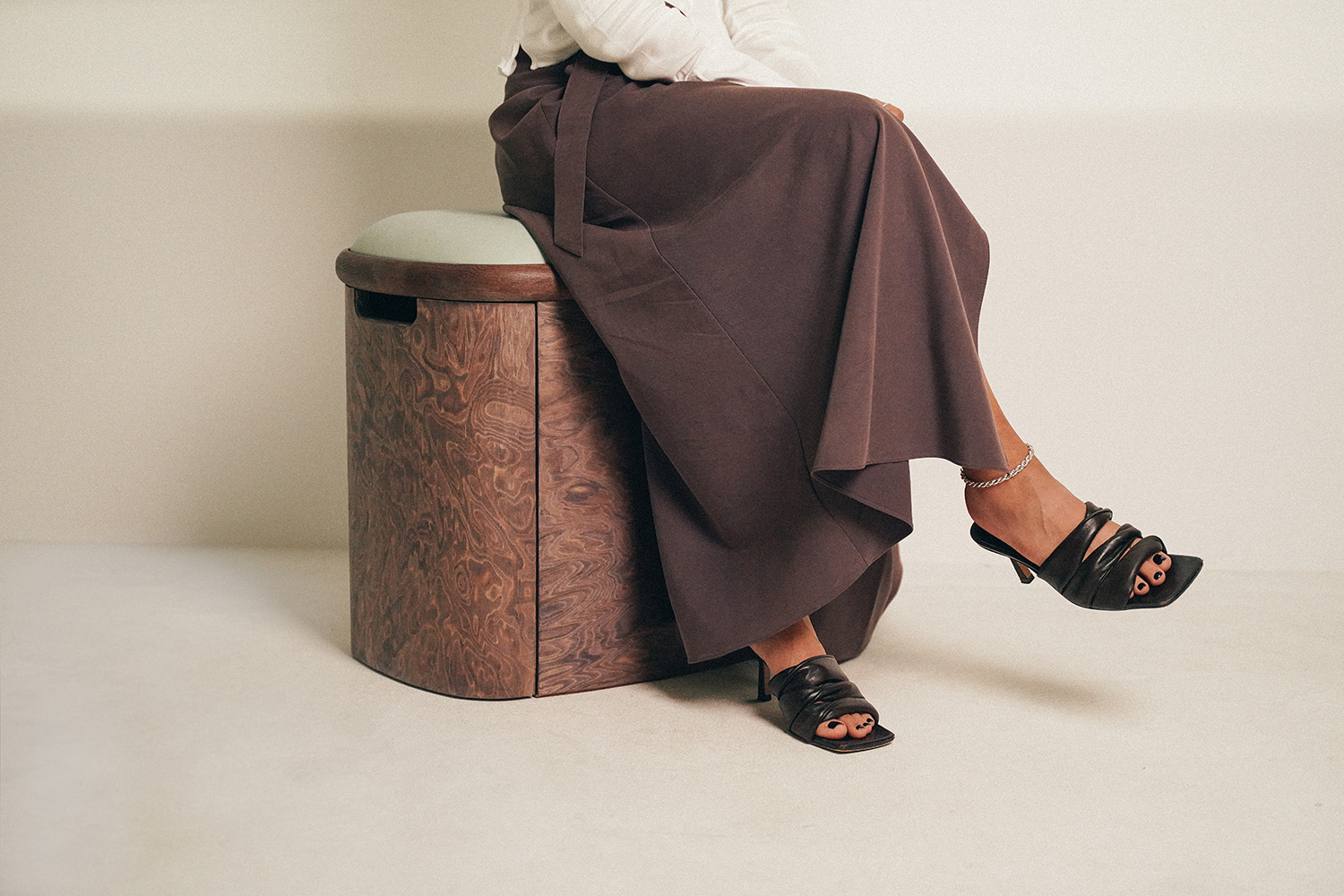
Al Falahi states that her involvement in these various programmes has played a vital role in shaping her work thus far. “When I graduated, I was completely lost, like a lot of people are, but I think there are many institutions in the UAE that offer different programmes that really help in shaping your language as a designer or an artist,” she says. “When you are a part of them, you feel like you are part of a bigger picture.”
The Latest
Dubai Design Week 2025 Unfolds: A Living Celebration of Design, Culture, and Collaboration
The 11th edition of the region’s leading design festival unfolds at Dubai Design District (d3)
Preciosa Lighting Unveils ‘Drifting Lights’ at Downtown Design 2025
The brand debuts its newest 'Signature Design' that explores light suspended in motion
IF Hub Opens in Umm Suqeim
A New Destination for Design and Collaboration in Dubai
The Language of Weave
Nodo Italia at Casamia brings poetry to life
The Art of the Outdoors
The Edra Standard Outdoor sofa redefines outdoor living through design that feels, connects and endures
The Art of Wellness
Technogym collaborates with Assouline to release a book that celebrates the brand’s 30-year contribution to the fitness industry
The Destination for Inspired Living – Modora Home
Five reasons why you need to visit the latest homegrown addition to the UAE’s interiors landscape
Elemental Balance — A Story Told Through Surfaces
This year at Downtown Design 2025, ClayArk invites visitors to step into a world where design finds its rhythm in nature’s quiet harmony.
The identity Insider’s Guide to Downtown Design 2025
With the fair around the corner, here’s an exciting guide for the debuts and exhibits that you shouldn’t miss
A Striking Entrance
The Oikos Synua door with its backlit onyx finish makes a great impression at this home in Kuwait.
Marvel T – The latest launch by Atlas Concorde
Atlas Concorde launches Marvel T, a new interpretation of travertine in collaboration with HBA.
Read ‘Regional Excellence’ – Note from the editor
Read the magazine on issuu or grab it off newsstands now.



